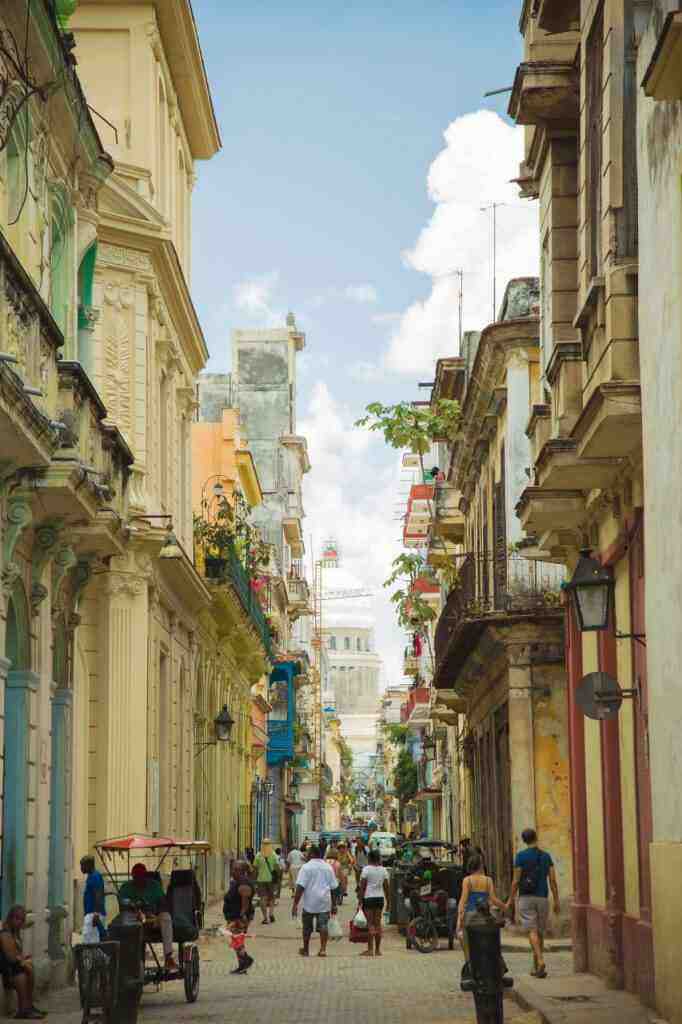The Waning War on Drugs: A New Outlook for Latin America
Introduction
The war on drugs, a 50-year-long global campaign, has proven disastrous in Latin America. Several governments in the region, including Mexico, are quietly retreating from this failed approach, seeking alternative strategies to tackle the complex issues of drug trafficking, consumption, and related violence. This article delves into the current state of the war on drugs in Latin America, examining the challenges and prospects for change.
The Illusion of Legalization: A Polarized Debate
The debate surrounding drug policy in Latin America often oscillates between two extremes: legalization and the “Nayib Bukele model.” Legalization, or the decriminalization of certain drugs, has gained traction among some left-leaning and libertarian right-wing groups. Countries like Uruguay have legalized recreational marijuana use, while others, such as Chile, Colombia, Argentina, and Peru, have permitted the medical use of cannabis.
However, when it comes to cocaine and fentanyl, the primary drivers of recent violence in the region, the political landscape remains hostile to any relaxation of drug laws. Attempts by leaders like Colombia’s Gustavo Petro to ease restrictions on marijuana and coca have faced significant resistance, with public opinion overwhelmingly disapproving of drug legalization.
The Bukele Model: A Controversial Approach
On the opposite end of the spectrum, some advocate for a heavy-handed approach exemplified by El Salvador’s President Nayib Bukele. Bukele’s crackdown on gangs has led to a sharp decline in homicides, but it has also raised concerns about human rights violations and the erosion of due process. The feasibility of replicating this model in other countries is questionable, given the region’s diverse political and social contexts.
Seeking a Truce: Governments Opt for Pragmatism
In the face of these challenges, several governments are adopting a more pragmatic approach, seeking a truce or equilibrium with drug gangs. This involves avoiding direct confrontation with cartels in an attempt to prevent violence. Additionally, there is a growing recognition of the need to address drug use through public health measures, including prevention, treatment, and harm reduction.
A Multipronged Approach: Tackling the Root Causes
Experts argue that a comprehensive solution to the drug problem in Latin America requires a multipronged approach that addresses the underlying factors contributing to drug trafficking and consumption. This includes investing in education, healthcare, and social programs to reduce poverty and inequality, as well as strengthening law enforcement capacity and judicial systems to combat organized crime.
Conclusion: A Path Forward
The war on drugs in Latin America has reached a crossroads, with governments seeking new strategies to address the challenges posed by drug trafficking and consumption. While legalization and the Bukele model represent opposing extremes, there is a growing consensus on the need for a more balanced approach that combines harm reduction, public health measures, and law enforcement efforts. The ultimate goal is to create a safer and more just society for the people of Latin America.
